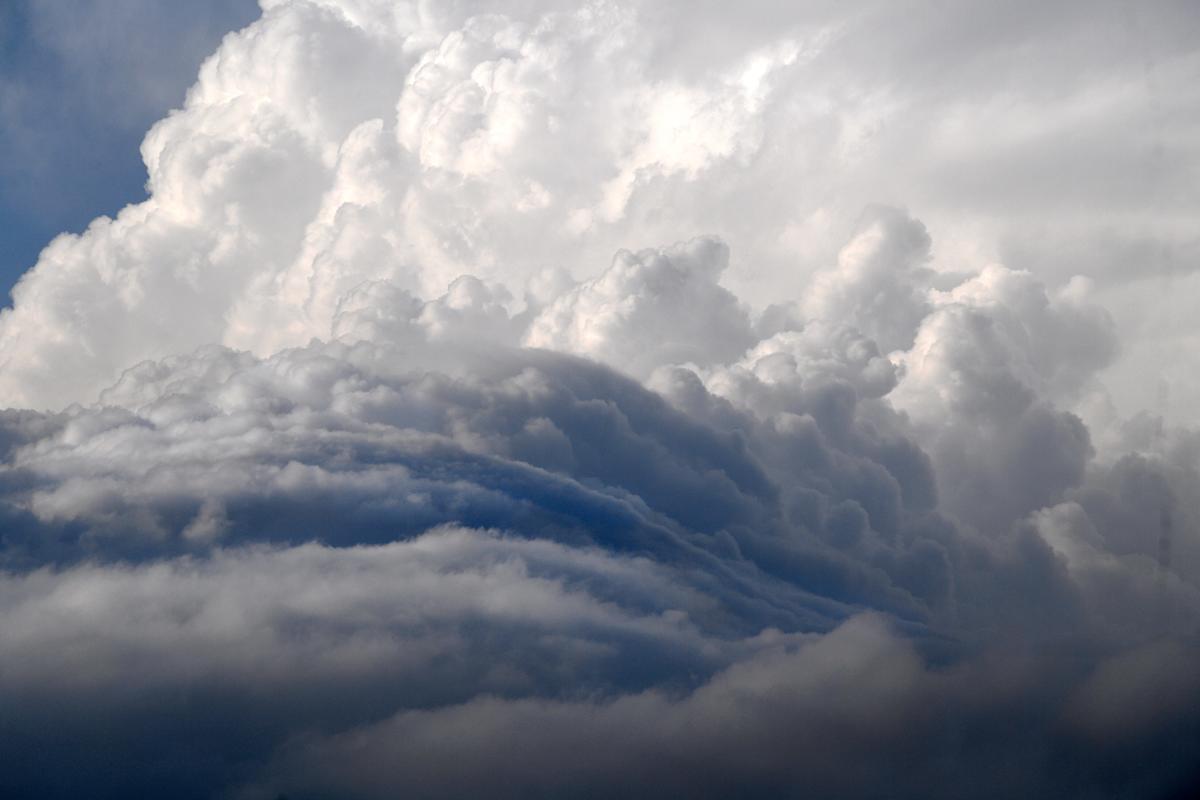When it comes to unpredictable weather, Jacksonville, Florida, is no stranger to sudden changes in temperature, pop-up thunderstorms, and coastal breezes that can chill you to the bone if you’re not prepared. The First Alert Weather system has become a vital tool for residents looking to stay one step ahead of Mother Nature, especially during those times of the year when staying dry and warm can be a challenge. Whether you’re a longtime resident or a newcomer to the River City, understanding how to adapt to Jacksonville’s unique climate is essential for maintaining comfort and safety.
Understanding Jacksonville’s Weather Patterns
Jacksonville sits in the northeastern corner of Florida, a region known for its semi-tropical climate. This means hot, humid summers and relatively mild winters. However, even during the cooler months, the area is susceptible to sudden cold fronts, rainy days, and foggy mornings. While snow is rare, chilly temperatures in the 30s and 40s are not unheard of from late November through February.
Rainfall is fairly consistent throughout the year, with slightly drier months in the winter. The summer months, particularly from June through September, bring frequent afternoon thunderstorms, often accompanied by lightning and gusty winds. It’s not uncommon for the day to start sunny and clear, only to turn into a torrential downpour by mid-afternoon.
The Role of First Alert Weather
First Alert Weather plays a critical role in preparing Jacksonville residents for whatever conditions lie ahead. By providing accurate, real-time forecasts and early warnings, the First Alert team ensures that families, commuters, and businesses can plan their days more effectively. Their use of advanced Doppler radar technology, storm-tracking systems, and expert meteorological analysis gives locals an edge when it comes to avoiding weather-related issues.
The most important takeaway from the First Alert system is preparation. Weather can change quickly in this part of the state, and having the right information at the right time can be the difference between a comfortable day and a soggy, shivering mess.
Dressing for the Season
One of the most practical ways to stay dry and warm in Jacksonville is by dressing in layers. Mornings can start off cool and damp, especially with ocean or river breezes rolling in, but afternoons often warm up quickly. By layering clothing, you can easily adjust throughout the day as temperatures shift.
A good waterproof jacket is a must-have for Jacksonville residents. With the frequency of rain showers and the occasional tropical system brushing up the coast, you’ll want outerwear that not only keeps you dry but also protects against wind. Umbrellas are helpful, but in heavy rain, wind can render them useless—so a good hooded raincoat goes a long way.
During the winter months, add a thermal base layer and consider accessories like gloves and scarves for early mornings and late nights. Footwear also matters—opt for water-resistant boots or shoes with non-slip soles to navigate wet sidewalks and puddles.
Staying Safe and Warm at Home
Inside the home, staying warm starts with good insulation and regular maintenance of heating systems. Even though Jacksonville doesn’t experience the harsh winters seen in more northern states, temperatures can drop enough to warrant the use of space heaters or central heating. Before winter hits, it’s wise to test your HVAC system and change out air filters to ensure it’s working efficiently.
During particularly cold snaps, protect your plumbing by insulating outdoor pipes and letting indoor faucets drip slightly to prevent freezing. Also, make sure windows and doors are sealed properly to keep drafts out.
If you lose power during a storm—especially a tropical storm or hurricane—you’ll want to have a weather radio, flashlight, blankets, and a stockpile of basic necessities on hand. The First Alert Weather team often gives guidance ahead of such events, providing valuable information on when and how to prepare.
On the Go: Staying Comfortable While Commuting
Many Jacksonville residents commute for work or school, and staying dry and warm during travel is just as important as it is at home. Keep an emergency poncho, an extra jacket, and maybe even a blanket in your car, especially during the colder months. Defrosters and windshield wipers should be checked regularly to ensure visibility during heavy rains and chilly mornings.
Public transportation users should check weather conditions before leaving home and allow extra time during inclement weather. A small travel umbrella and waterproof bag can save the day when skies unexpectedly open up.
Planning Around the Forecast
One of the biggest advantages of First Alert Weather is its emphasis on planning. Whether it’s knowing when to walk your dog, plan a jog, or schedule an outdoor event, a detailed forecast can be your best friend. Jacksonville residents have learned to pay close attention to weather updates during hurricane season in particular, as early warnings can lead to life-saving decisions.
Even for casual day-to-day routines, checking the hourly forecast can help you avoid the heaviest downpours or choose the best time to take a trip to the grocery store. With mobile alerts, apps, and TV broadcasts, it’s never been easier to stay in the know.
Final Thoughts
Staying dry and warm in Jacksonville doesn’t have to be a struggle. With the help of First Alert Weather and a few smart habits, you can navigate whatever the skies throw your way. By dressing appropriately, preparing your home, staying informed, and planning ahead, you can enjoy everything this vibrant city has to offer—rain or shine.




